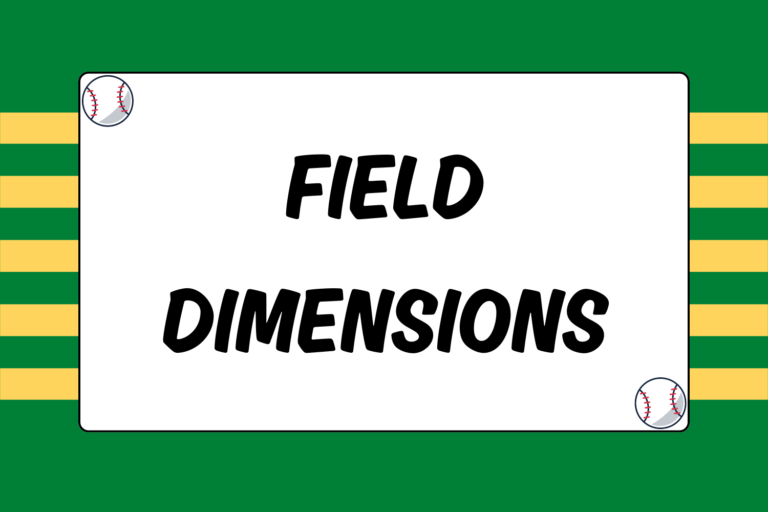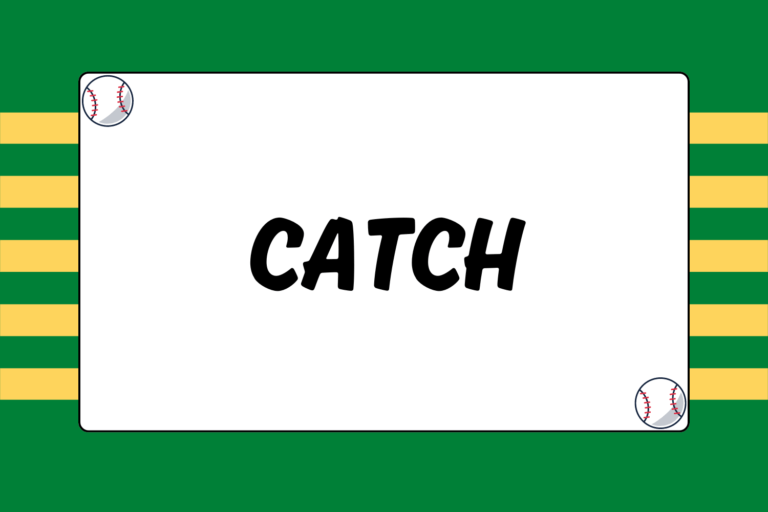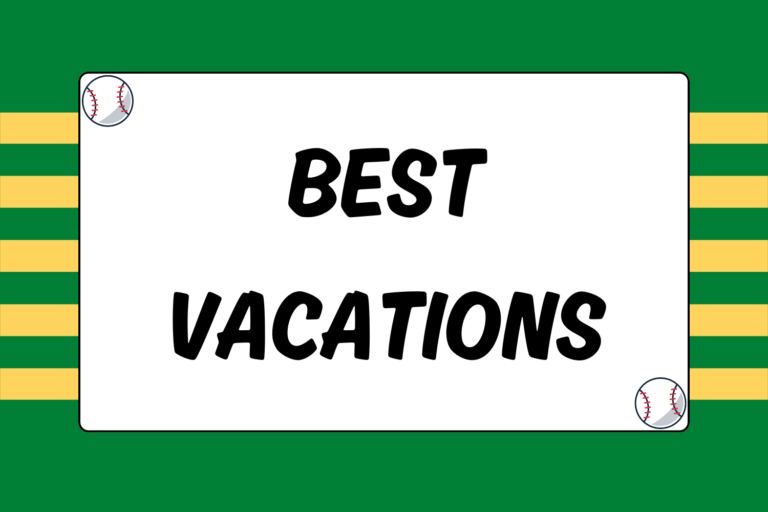Baseball camps are a great opportunity to learn about the game, improve your skills, receive personal instruction, meet new friends, and in some cases, get noticed by scouts and recruiters. Perhaps most importantly, camps provide the opportunity to cram a ton of competition into a short period of time.
Success in baseball requires a great deal of practice, but it’s difficult to replicate the speed of a game on the practice field. Camp gives you a chance for a lot of “game reps,” helping you improve significantly in a fairly short period of time.
When it comes to choosing the right camp for you, there are a number of factors to consider. There are countless camps out there, and sometimes the process of choosing one is overwhelming. This guide outlines the different types of camps and provides tips on selecting the best option for your own enjoyment and growth as a ballplayer.
Camp Type
There are baseball camps that cater to all different ages and skill levels, so it’s important to pick one that benefits you the most.
Basic Skills Camp
For most youth players (12 years old and under) and those new to the game, a basic skills camp is the best way to go. These camps give you the opportunity to play multiple positions, and their coaches teach a wide range of fundamentals, including:
- Pitching
- Hitting
- Bunting
- Base running
- Proper throwing mechanics
- Fielding ground balls
- Catching fly balls
Basic skills camps often cater to young players. If you’re unsure what your best position is, or simply want to improve your fundamentals across the board, this option is the best use of your time and money.
Advanced Skills Camp
Around the same time that players move up to the full-sized diamond (usually between age 12 and 15), they also start specializing. You may have enjoyed playing pitcher, catcher, shortstop, first base, and center field in Little League, but you need to narrow it down a bit if you want to continue to the higher levels of baseball.
Advanced skills camps are typically designed for more experienced players who already possess a groundwork of solid fundamentals. The biggest difference between advanced camps and basic skills camps is that the former provide more detailed, position-specific instruction. Here are some of the skills you can expect to focus on at the various positions:
- Pitchers: Proper mechanics; pitching from the stretch; conditioning and injury prevention; pitching philosophy; technique for change-ups and breaking balls; fielding the position correctly.
- Catchers: Blocking balls in the dirt; throwing down to second base; receiving pitches properly; protecting your signs; fielding bunts.
- Infielders: Turning double plays; proper fielding technique and footwork; defending against bunts; making tags; executing rundowns.
- Outfielders: Catching fly balls on the run; making throws to each base; cut-offs and relays; backing up bases; communicating on balls in the gap; taking proper angles.
Camp Location
You don’t have to travel to faraway lands to find a quality baseball camp — in fact, there may be options right in your own town! Your experience at camp depends significantly on the organization running it, so make sure you do your research.
College Camps
Many colleges and junior colleges offer camps during their offseason, often as a fundraising effort. These camps are usually staffed by the players and coaches from the school’s baseball program, so you can usually count on high-quality instruction.
College camps are especially beneficial for high school players hoping to get recruited. It’s a great way to get introduced to the campus, facilities, and coaching staff. And if you want to put yourself on their radar as a potential recruit, excelling at their camp is a perfect way to start. Contact the athletic department of your local college to find out what camps are offered.
High School Camps
Some high schools also host camps (usually during the summer) for young ballplayers. Like the college camps, high schools typically assemble their camp staff from members of the baseball program. In most cases, high school camps focus on general fundamentals. And although high school camps can provide excellent coaching, they tend to lack the resources and facilities of a college. As such, these camps might be a little more affordable — a good option for a beginning player looking for a fun activity during summer vacation.
Hot Tip: Get a Head Start
If you plan on trying out for your high school baseball team, attending their summer camp is a great way to get a head start. You’ll have a chance to meet the coaches and use the facilities. Prepare for the upcoming season by learning how they run their program and what skills they emphasize.
Private Camps
There are countless types of camps out there, and many of them aren’t associated with schools. Depending on where you live, you may be able to find camps run by former coaches, baseball academies, or local recreation departments. Some private companies even run camps year-round.
These camps run the gamut in terms of skills taught, amenities offered, and quality of facilities. They also sometimes offer camps for certain skills or a specific age group, so it’s particularly important to research a private camp to make sure it’s a good value and the right fit for you.
Camp Cost
The cost of baseball camp fluctuates from program to program, and some can be awfully expensive. But it’s important to know that the cost of a camp does not necessarily reflect the quality of coaching you will receive. More often than not, the cost a camp relates to three aspects: The hours of instruction, the amenities and services, and the player-to-coach ratio.
Overnight vs. Day Camp
Day camps require you to commute each morning and usually last between 6 and 10 hours, depending on the camp’s schedule. Most basic skills camps are of this variety.
An overnight camp provides room, board, and meals (usually in dormitories), and the schedule often includes night-time activities. These types of camps are typically designed for advanced players. Overnight camps consist of long days of baseball, but are a great opportunity to meet new friends. For players really devoted to the game, it can be a fantastic experience.
Amenities
Some camps just give you the basic “nuts and bolts,” spending all day practicing and playing on the diamond. Others offer additional activities that may or may not have anything to do with baseball, but provide a welcome break during a long day on the field. Here are some common amenities that can run up the cost of a camp:
- Meals/snacks
- Camp t-shirts and/or hats
- Swimming pool
- Weight room
- Access to video — some camps film you as you pitch, hit, or play defense, and then watch the video with you to highlight specific areas of improvement.
Player-to-Coach Ratio
The more coaches a camp employs, the better chance you have to receive personal attention and coaching. As such, a camp with a low player-to-coach ratio can afford to charge more money. If you’re serious about improving as a ballplayer, this might be an aspect that’s worth spending a little extra on.
Happy Campers
Depending on many of the factors listed above, a baseball camp can cost anywhere from 200 to 800 dollars per week. This is a significant investment, so it’s important to know what type of player you are and what type of camp you’re looking for. Read reviews, do research online, and talk to your teammates and coaches. The key is to find a camp that’s the best possible value and the right fit for your needs as a player.
Just remember that, like anything, what you get out of camp depends on what you put into it. If you show up with enthusiasm, a positive attitude, and a willingness to learn, baseball camp can be one of the most fun weeks of your life!





